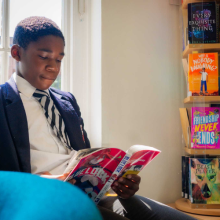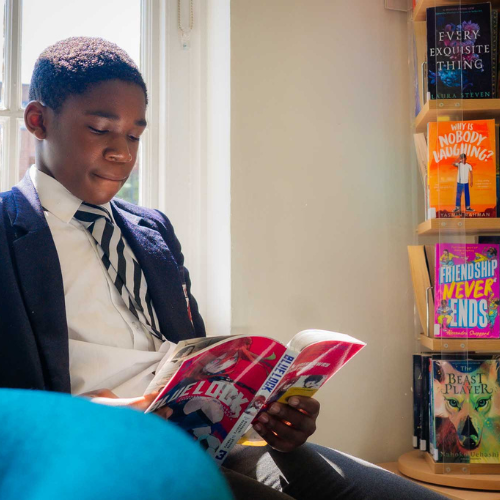Written by Jane Lunnon, Head at Alleyn's School. Published 1 November, 2024.
“Once upon a time…” those words meant something – and perhaps that phrase would have been amongst the most commonly used by parents with their children during the first, crucial decade of their lives. Not anymore. Last week’s National Literacy Trust report found that nearly half of parents had not read with their young child at least once a day (49.4%) in the last year. Last year’s “What kids are reading report” by Renaissance Learning revealed a 4.4% decrease in the number of books being read by pupils in the UK – a decline seen most acutely in secondary school aged children. And the complexity of the books they are reading has also fallen. In Scotland, the average reading age for children was 3 years below the norm. UK teachers surveyed, described a third of their pupils as “weak readers”. The National Literacy Trust – who surveyed children’s reading for pleasure in 2023 - found a 26% decrease since 2005 in the number of children who read daily in their free time. The lowest rates were seen amongst children receiving free school meals.
So, what are kids reading? The short answer is not enough and nowhere near as much as they used to. Why does this matter? Should it matter? It’s clear that children have other ways to access information and engage with the digital world, curating their digital personas and socialising across many networks and apps, all of which, of course, require reading. In her excellent article: “Why Children Have Stopped Reading”, Mary Wakefield writes that consumption of short form digital content is an inadequate substitute for the depths and lengths of a carefully constructed narrative. She points out that the TikTok presentation of information, which works on the basis of temporary tantalisation, click-bait cliffhangers and unresolved narratives, presents the very opposite of what deep immersion in the lengthy, developed storyline of a good book offers children. This, she says, is affecting the way they think, process information and engage with the world. Jonathan Haidt makes the same claim in “The Anxious Generation”; children’s brains are being rewired because of what they are doing online, particularly on smartphones, and what they are not doing in the “real world” which I would argue also includes long-form reading.
But the decline of reading is not a particularly new phenomenon; in 1987, Allan Bloom described first noticing falling levels of reading amongst his students in the late 1960s, describing “the notion of books as company” as being entirely “foreign to them”
So, should we regret the loss of family reading time? Is the picture of parents reading to their children at bedtime, for example, or a teen voraciously hoovering up a novel under the duvet after lights out, as quaint and archaic as families gathering around the wireless, next to the fire, in the 40s? Is this just another step in our inevitable march forwards? Well, maybe. But I’m not sure. The children’s book industry is booming…
And yet, I have to wonder whether in so earnestly promoting books, we’ve turned reading from a pleasure to a chore. Katherine Marsh writing in “Atlantic Magazine” – “why kids aren’t falling in love with reading” criticises the way schools focus on analysing the text rather than enjoyment of the story. Of course this is an important part of the curriculum, and it wouldn’t be an issue if reading of other kinds was happening elsewhere, but with time pressures on the school day and a focus on targets, schools are finding there just isn’t room for reading without the stress of meeting exam requirements. And, whilst it is also important for children to read particular texts to foster an appreciation of diversity and inclusivity and the development of social and political thinking, that shouldn’t be the sole focus of reading either. If you’re reading something because you have to, it quickly becomes a chore. Sometimes you just need to read for pure enjoyment.
During my career as an English teacher I have found that, very often, the books that land are the ones that are subversive, transgressive – like Lemony Snickett. The enduring popularity of adventure books is in part because they show kids learning about the world by removing them from it: in Swallows and Amazons, the protagonists head to an island; the Famous Five went all over the place, and Harry Potter disappears to a boarding school. It starts young: the Wild Thing island is where the intoxicating, anti-parent “wild rumpus” can happen – and where, it turns out, the hero learns how to tame the wild things – inside and out. The Bear Hunt’s lessons of resilience and teamwork and keeping on, in an intrepid and uncertain adventure – happens on a journey to discover the hidden terrors. They don’t try to preach, they try to entertain, and often end up teaching the most important lessons of all.
Research has shown a clear link between more reading time in school and higher reading attainment. The biggest gain in reading occurs when more than 30 mins of a student’s school day is devoted to engaged reading time. I’m calling for that reading time to be ringfenced for pure enjoyment of the gifts books bring to us – right up through the secondary schools years – to allow children to see books as a refuge, a source of relief, adventures for their imagination, and to escape the all too many pressures of growing up.
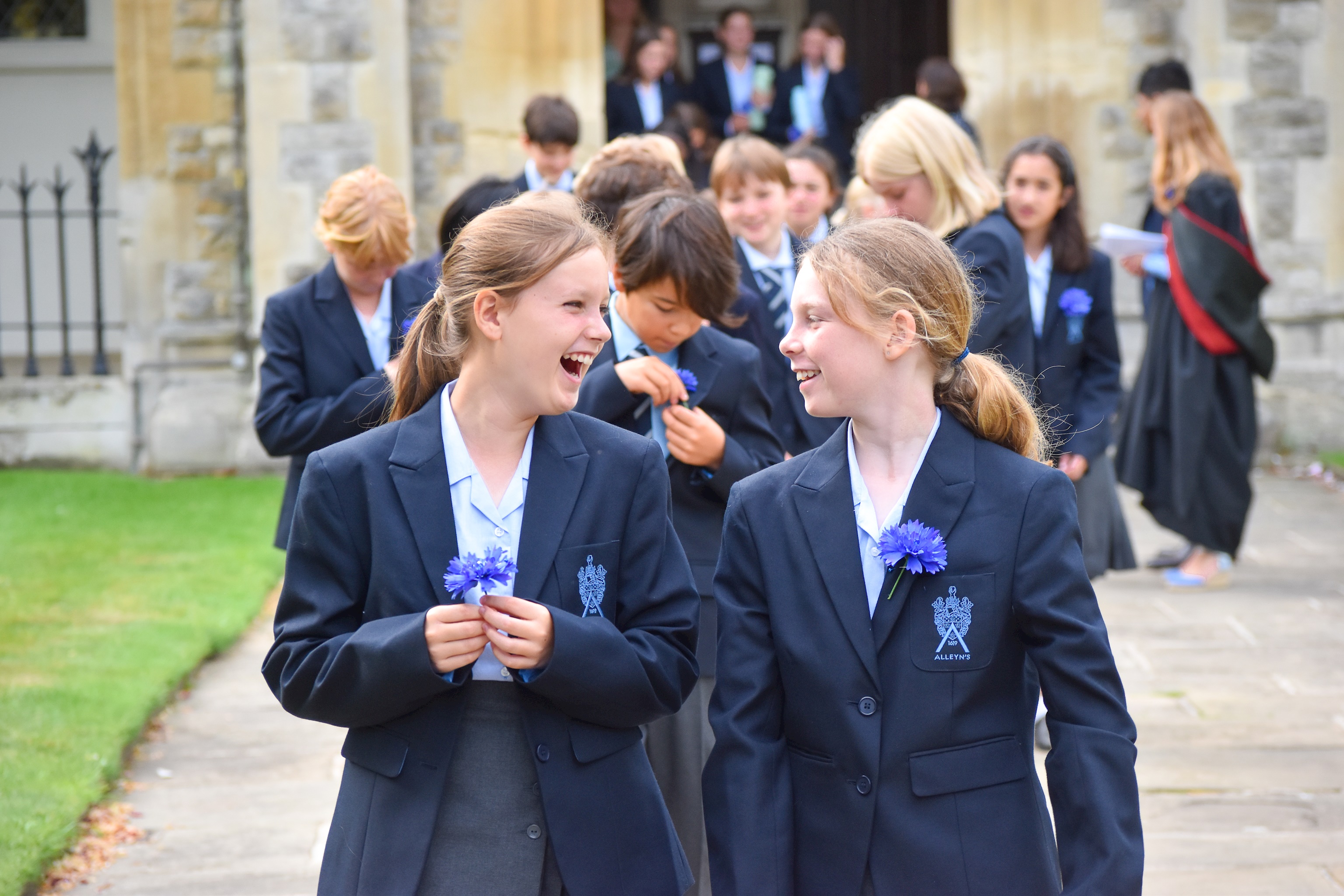


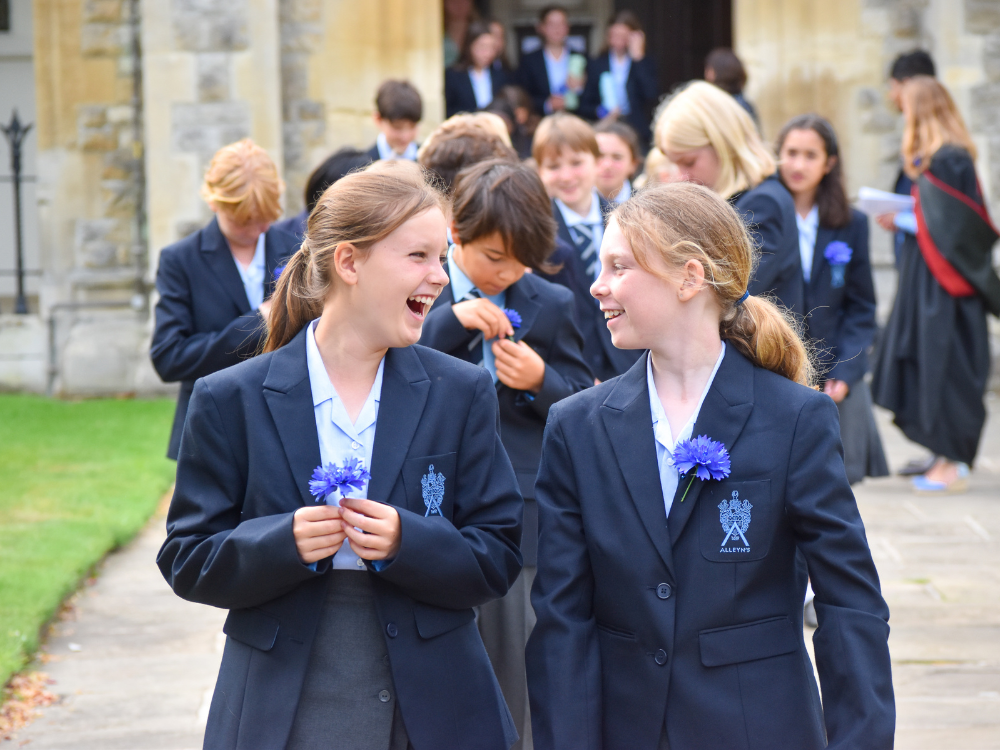
.jpg)
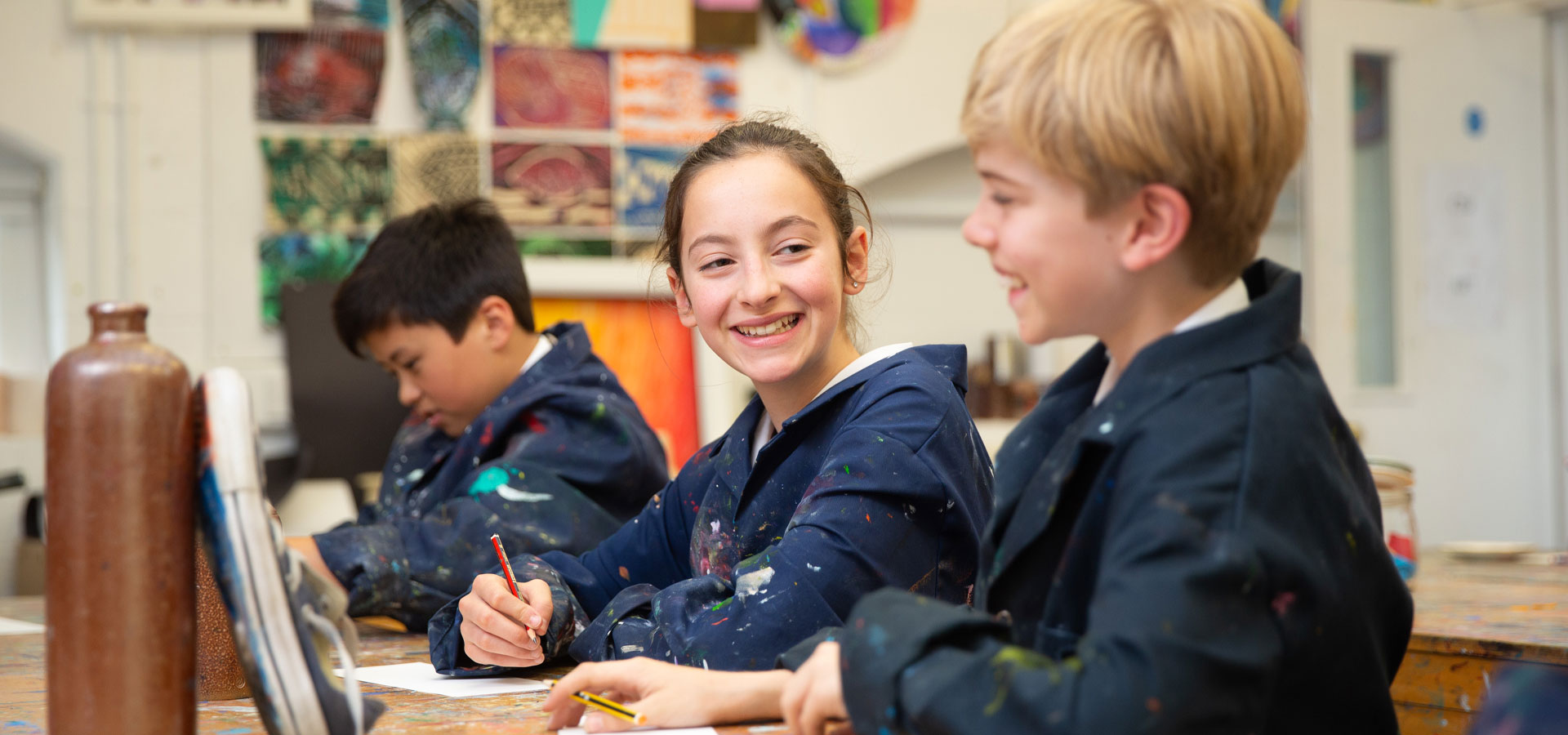
.jpg)

